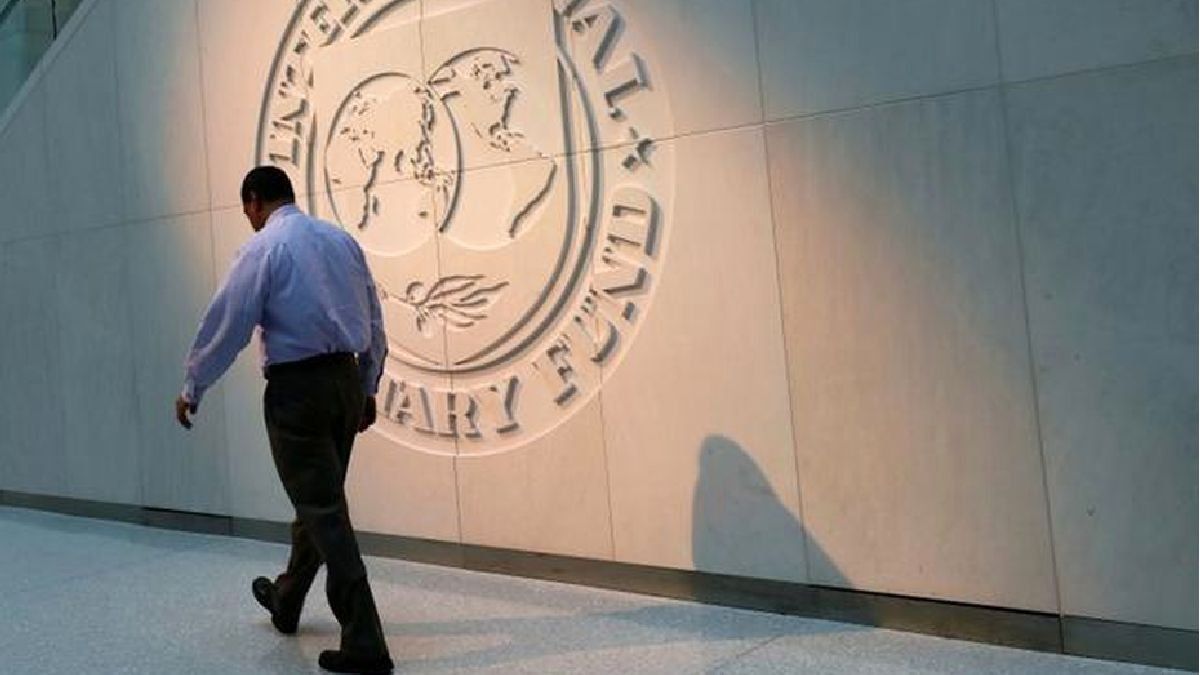As it is estimated that the traditional 10-year Extended Facilities will be negotiated with an innovative two-stage scheme, with a first of 2.5 years, there will be ten revisions. These will take place between the second half of this year and December 2024. If Argentina were to comply with all these ten exams, by the first half of 2025, the year in which there could be a general renegotiation of terms and conditions for the rest of the the term of the agreement. Or, eventually, its renewal. It will be a matter for the next government.
How should quarterly exams be passed, already this year? Argentina demands that the approval be carried out counting the time per semester; with which, in the event that a committed goal is not met in a quarterly review, it can be corrected in the next. And that the conclusion is every half a year and taking a general diagnosis. And not with the breach of one or two variables that are under review. The request has not yet been rejected (nor has it been endorsed) and, it is assumed, it will become part of one of the chapters that must be approved by the complicated board of the IMF.
The Ministry of Economy is confident that all these exams, at least the first six that correspond to the administration of Alberto Fernández, can be achieved. With difficulty, but without applying adjustments outside of what was negotiated and discussed. And that the scenario predicted by the Argentine Claudio Loser, the former managing director for the Western Hemisphere of the IMF, will not be reached, who, consulted on the future Extended Facilities Reloaded, said that “every three months Argentina is going to have to save itself from default ”. If everything goes as Martín Guzmán expects, and the Executive agrees, the first quarterly missions could take place between July and August; to check what happens in the second quarter of the year. Then they would be arranged between October and November and then between January and February 2023. As for there to be problems, it would be necessary to fail to meet the goals for two consecutive quarters; There could only be continuity difficulties, and consequently greater pressure from the Fund, in 2023.
This implies that during this year the bilateral relationship would not suffer problems, but that in the election year there would be difficulties if the goals are not met. As Guzmán rules out that what would be signed this year is absolutely achievable (a fiscal imbalance of 2.5%), if there were problems they would only appear in the second half of next year. Far in time, but coinciding with the electoral program where the ruling party will play its continuity.
Guzmán will not have to relax when the first IMF missions arrive. It is known that the Fund’s technicians who are in charge of supervising compliance with the goals will control them with a level of clockwork that was rarely applied by the technicians. And that he will not give anything to the country. If there are no changes in the near future, it will be the American Julie Kozac and the Venezuelan Luis Cubeddu (the deputy director for the Western Hemisphere and the head of the Argentine case), who will control every three months in Buenos Aires (eventually at the headquarters of Washington) if the country met the fiscal, monetary, exchange, inflation, collection and growth goals; then, they will issue a scathing report at each mission end.
That “paper” will later be the meat of exhaustive analysis in the personal desk of the Brazilian Ilan Goldfajn, who will have to give the fiscal verdict on its compliance or non-compliance. The now managing director for the Western Hemisphere (the position held by Loser almost a decade and a half ago) will be the one who will raise or lower his thumb on the Argentine economy and the validity of the Extended Facilities. Every three months. When would the agreement fall due to default? Under the Fund’s statute, two consecutive quarters of default would be enough. Then a renegotiation would be opened.
Source: Ambito
David William is a talented author who has made a name for himself in the world of writing. He is a professional author who writes on a wide range of topics, from general interest to opinion news. David is currently working as a writer at 24 hours worlds where he brings his unique perspective and in-depth research to his articles, making them both informative and engaging.




